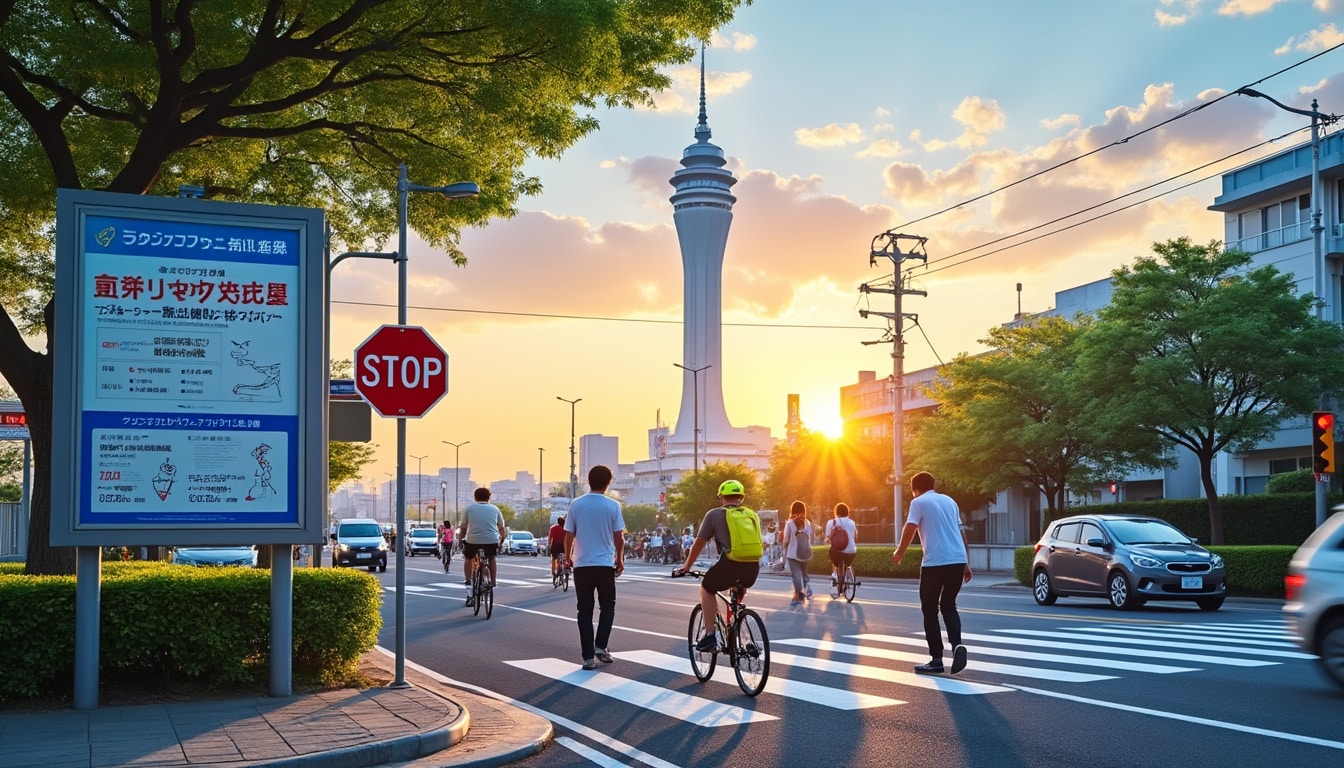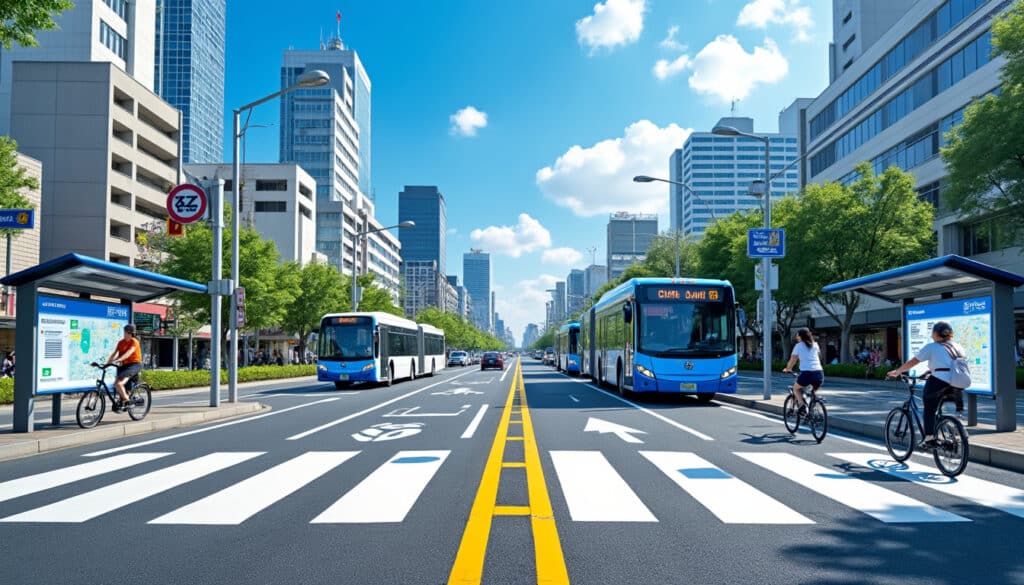Whether you’re a first-time visitor or a seasoned traveler, ensuring a safe and memorable journey to Chiba is paramount. Chiba, renowned for its rich history, beautiful landscapes, and vibrant culture, attracts tourists worldwide. As Japan’s sixth-largest city and a significant part of the Greater Tokyo Area, it offers numerous attractions. However, like any populous urban area, it presents its own safety concerns. From understanding local climate conditions to navigating the bustling streets, knowing what to expect can make all the difference in your experience. The following guide offers detailed safety tips and insights on traveling and staying safe in Chiba.
The Current Safety Situation in Chiba
Chiba stands out as one of the safer cities in Japan, a country that is already known for its low crime rates. According to the Safety Index of Chiba, the city maintains a high level of safety, with a Safety Index rating of 70 out of a possible 100. This suggests that the city is considerably safe compared to many urban areas worldwide, making it an appealing destination for travelers prioritizing secure travels in Japan.
Crime rates in Chiba are reportedly low, with a Crime Index of only 29. The probability of facing crimes such as burglary, car theft, or assault is significantly reduced compared to other major cities. Tourists can generally feel secure walking throughout the city, both during the daytime and at night. However, as with any urban area, staying vigilant and exercising common sense is essential to avoid unexpected incidents.
Concerns about drug-related crimes and aggressive violent crimes, such as assaults or armed robbery, are also minimal in Chiba. The city has a very low threat level for these types of incidents. Travelers are unlikely to be targeted for petty crimes like pickpocketing or bag snatching, but it is always wise to remain aware of your surroundings, especially in crowded areas.
Chiba’s reputation as a safe city extends to its treatment of tourists of different backgrounds. According to recent reports, the likelihood of unprovoked attacks or hate crimes due to ethnicity, religion, or sexual orientation is very low. Visitors can enjoy the diverse, welcoming atmosphere of Chiba without fearing discrimination or prejudice. Find out more about Chiba’s inclusive environment here.
Despite its low crime rates, it is advisable for tourists to stay informed about any potential risks while traveling. For those planning to visit during events or festivals, it’s helpful to plan ahead and allow extra time to navigate increased foot traffic and transport delays. Carrying valuables discreetly, securing belongings, and avoiding isolated areas, especially at night, are practical safety measures.
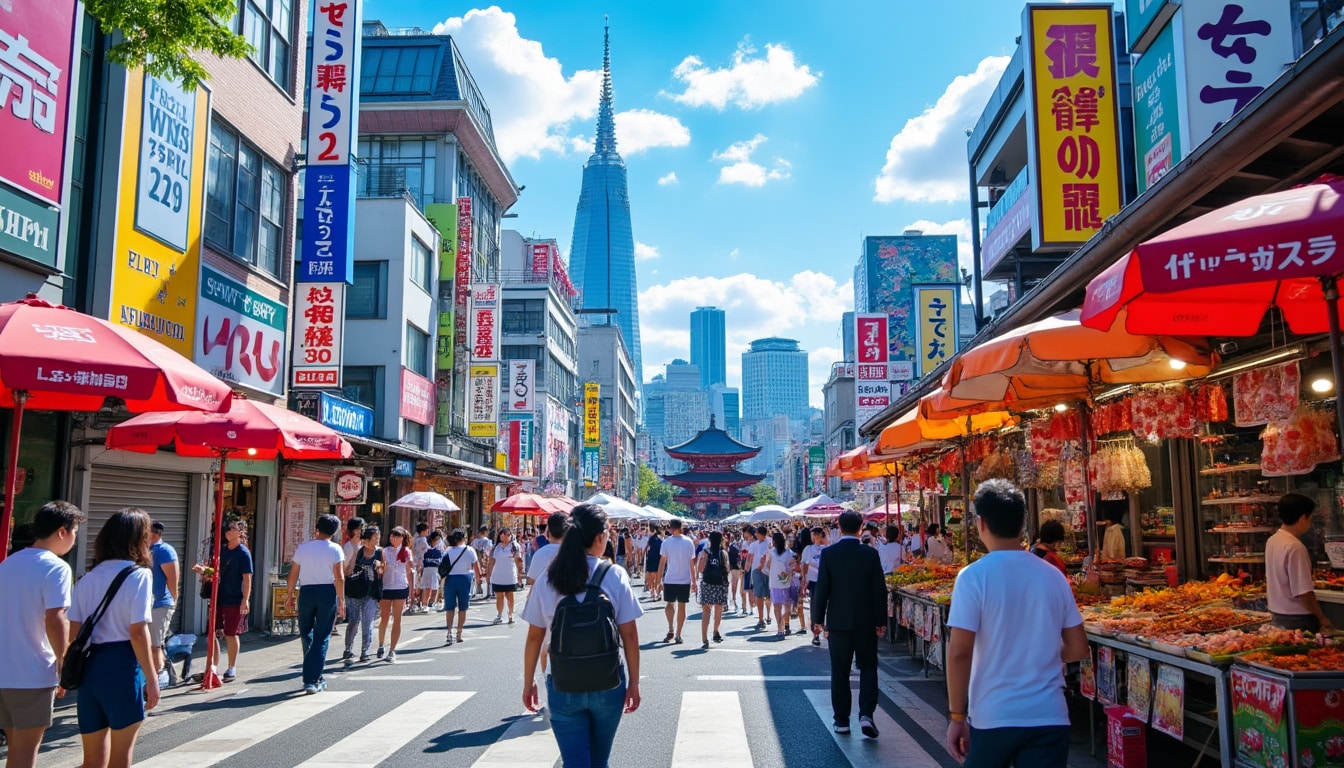
Responding to Emergencies in Chiba
In case of emergencies, it is crucial to know the local emergency numbers and how to describe your location accurately. The number to call for any immediate police assistance in Chiba is 110, while medical emergencies require a call to 119. These services have English-speaking operators available to assist foreign visitors in distress.
- 📞 Dial 110 for police assistance.
- 🚑 Dial 119 for medical emergencies or fire assistance.
Chiba’s hospitals and clinics maintain high standards of medical care, yet it is recommended for tourists to secure travel insurance before visiting. This ensures coverage should any unexpected medical situations arise, reducing the financial burden associated with healthcare costs in Japan. Learn more about health services in Chiba on this informative page.
Weather-Related Safety Tips for Chiba
Chiba experiences a humid subtropical climate, characterized by warm, humid summers and cool winters. June through September is the wettest and most unfavorable travel period due to typhoons and heavy downpours. Travelers planning their visit during these months should be cautious of sudden weather changes and prepare accordingly.
During the summer, August is notably the hottest month, with temperatures peaking at around 31℃ (87℉). Travelers should plan to stay hydrated, wear light clothing, and utilize sunscreen to mitigate risks associated with prolonged sun exposure. Information on staying safe during the hotter months can be found at this link.
| Month | Average Day Temp | Rain Probability | Typhoon Season |
|---|---|---|---|
| June | 26℃ / 78℉ | 58% | 🌧️ Start |
| August | 31℃ / 87℉ | 52% | 🌧️ Peak |
| September | 27℃ / 80℉ | 55% | 🌧️ End |
Winter, beginning in December, is mild and less humid, with average daytime temperatures falling to around 10℃ (50℉) in January. Although snowfall is rare in Chiba, a light winter coat and umbrella are advisable. Explore more about the best seasons to visit.
To ensure safe travels during adverse weather conditions, staying updated with local broadcasts and alerts is crucial. The Chiba Meteorological Authority website provides timely warnings for storms, floods, or potential tsunamis. In preparation for hazardous weather, supplying emergency kits with essential items like water, flashlights, and non-perishable food is also recommended.
Healthcare and Medical Tips in Chiba
Chiba offers high-quality healthcare, with modern infrastructure supporting a range of public and private medical facilities. The healthcare system is known for its competence, courtesy, and rapid service. Medical tourism is an emerging market, driven by highly skilled practitioners and state-of-the-art equipment. Yet, overseas visitors should note that medical services in Japan can be expensive without insurance.
For those needing routine healthcare while in Chiba, the process is seamless. Japanese healthcare emphasizes patient discretion and respects personal privacy during diagnosis and treatment. Waiting times are generally short, and medical reports are accurate and promptly provided.
Before traveling, it’s prudent to have a comprehensive health check and arrange necessary medical insurance. This should cover not only potential emergencies but also prescriptions you might need during extended stays. A modest kit with pain relievers and medications for common ailments is a practical addition to your luggage.
If specialized care is needed, including expatriate-focused services, the city’s hospitals cater well to foreign residents. English-speaking staff and healthcare professionals are available at various facilities. Japanese pharmacies, identifiable by the green cross symbol, are well-stocked with both Western and traditional medicines, ensuring that travelers can get what they need swiftly. You can find more about medical care facilities here.
| Medical Aspect | Quality Index | Additional Info |
|---|---|---|
| Healthcare Quality | ⭐ 77 / 100 | Excellent service |
| Medical Staff Friendliness | ⭐ 85 / 100 | Warm and welcoming |
| Availability of Equipment | ⭐ 84 / 100 | Modern facilities |
For those with ongoing prescriptions, bringing a note from your doctor with detailed information about the medication is critical, as some drugs may have different regulations in Japan. Access to specific medications can vary, so it’s advisable to verify the availability of any unique prescriptions well ahead of your trip and consider alternatives if necessary.
Navigating Travel and Transport in Chiba
Moving around Chiba is remarkably straightforward thanks to the city’s efficient transport network system, which includes trains, buses, subways, and taxis. Essential travel information for the city outlines that public transport remains the primary mode for commuting, with the metro acting as a fast and cost-effective method to traverse Chiba.
The traffic conditions in Chiba are generally moderate, with average commute times remaining sensible, at approximately 41 minutes for residents. It’s beneficial for visitors to plan their routes in advance, accounting for peak hours since urban traffic can be congested during these periods.
Train services in Chiba are reliable and timely, covering significant areas comprehensively. The JR East and private rail lines integrate well to ensure seamless transfers across districts. For those exploring the city on leisure, investing in a prepaid travel card like the SUICA or PASMO can save both time and money. Detailed schedules and ticketing information can be accessed easily online or at stations.
Several transport options ensure flexibility for travelers:
- 🚇 Trains: Widely used, especially the metro and JR lines.
- 🚌 Buses: Offer comprehensive routes at economical prices.
- 🚕 Taxis: Readily available; ensure the driver understands your destination.
- 🚶 Walking: A great way to enjoy local sights when weather permits.
For day trips or regions not accessible by public transport, car rentals offer another viable solution. Japan observes specific traffic rules, including left-hand driving, making it important for foreign drivers to acquaint themselves with local road regulations. Additionally, GPS systems in rental cars support various languages to ease navigation and enhance safety for drivers unfamiliar with the city’s layout.
Travelers should keep local contact information readily available and verify their mobile devices properly connect to Japanese networks for any necessary assistance or navigation queries. Additionally, investing in a portable Wi-Fi device or SIM card upon arrival in Japan can ensure consistent connectivity.
Severe Weather and Natural Disaster Preparedness in Chiba
Being part of an island nation like Japan, Chiba is susceptible to various natural disasters, including earthquakes, tsunamis, and typhoons. Understanding the local geography, as well as the prevalence of these events, can significantly aid in effective disaster preparedness. The region’s geological features and proximity to the Pacific Ocean create specific challenges that both residents and travelers must navigate.
During the typhoon season from June through September, ensuring safety involves following broadcast alerts and adhering to local advisories. These storms can disrupt travel plans, particularly for those exploring areas near the coast. Essential preparations should include securing accommodations, confirming evacuation routes, and keeping an emergency supply of necessities.
Earthquakes are another consideration, with occasional tremors a part of daily life in Japan. It’s crucial for travelers to be aware of the nearest evacuation sites and familiarize themselves with instructions for such events. Efforts by the Japan Meteorological Agency provide real-time updates on seismic activities, serving as a critical resource during your stay.
- ⚠️ Heed Weather Alerts: Keep updated through reliable local sources.
- 🏨 Emergency Accommodations: Identify safe spaces and shelters.
- 🗺️ Equip Yourself: With maps and guides for evacuation routes.
- 📱 Emergency Contacts: Have contact numbers of local embassies.
For more detailed weather-related insights and planning tips, you can explore various topics and guides on this useful link.
Despite potential risks, with proper planning and preparation, your trip to Chiba can be as safe as it is enjoyable. The key is awareness and adaptability, ensuring not just security but enhancing the quality of your travel experience in this vibrant city.
FAQ
Q1: Is Chiba safe for tourists?
A1: Yes, Chiba is generally safe for tourists, with low crime rates and a welcoming environment for visitors.
Q2: What are the emergency numbers in Chiba?
A2: For police assistance, dial 110, and for medical emergencies or fire assistance, dial 119.
Q3: How should I prepare for potential natural disasters in Chiba?
A3: Stay informed through local alerts and know the evacuation routes and safety procedures for typhoons and earthquakes.
Q4: What’s the best way to travel around Chiba?
A4: Public transport, including trains and buses, is the most efficient way to travel around Chiba. Prepaid transit cards can be convenient.
Q5: What should I know about healthcare in Chiba?
A5: Chiba offers high-quality healthcare services, but it’s important to have travel insurance due to potential high costs.
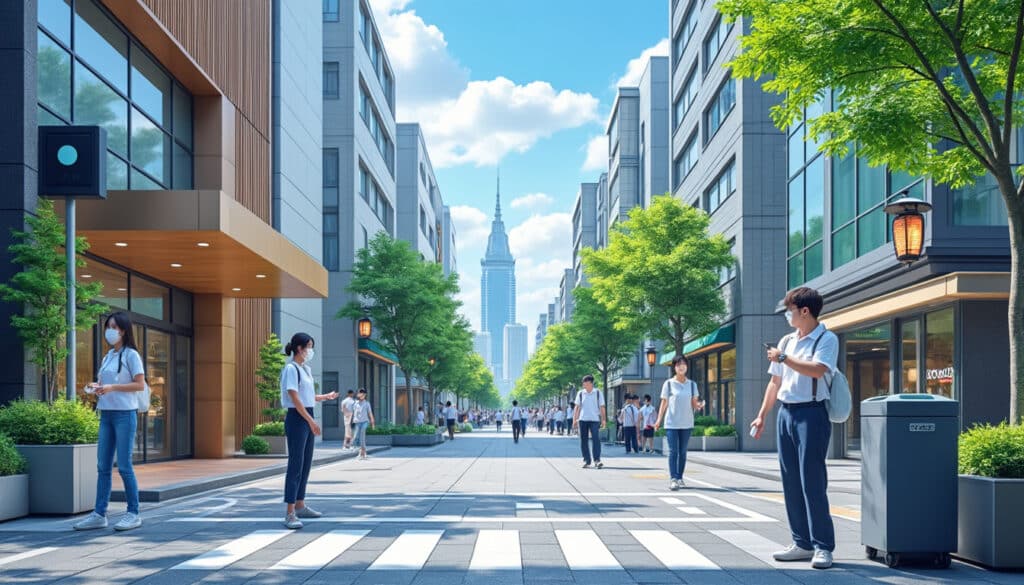
Cleanliness and hygiene in Chiba
Chiba, nestled in the heart of Japan, serves as a paragon of urban cleanliness and impeccable hygiene practices. Famed as a metropolitan hub, this city exemplifies how cleanliness is woven intrinsically into the social fabric, from bustling streets to serene…
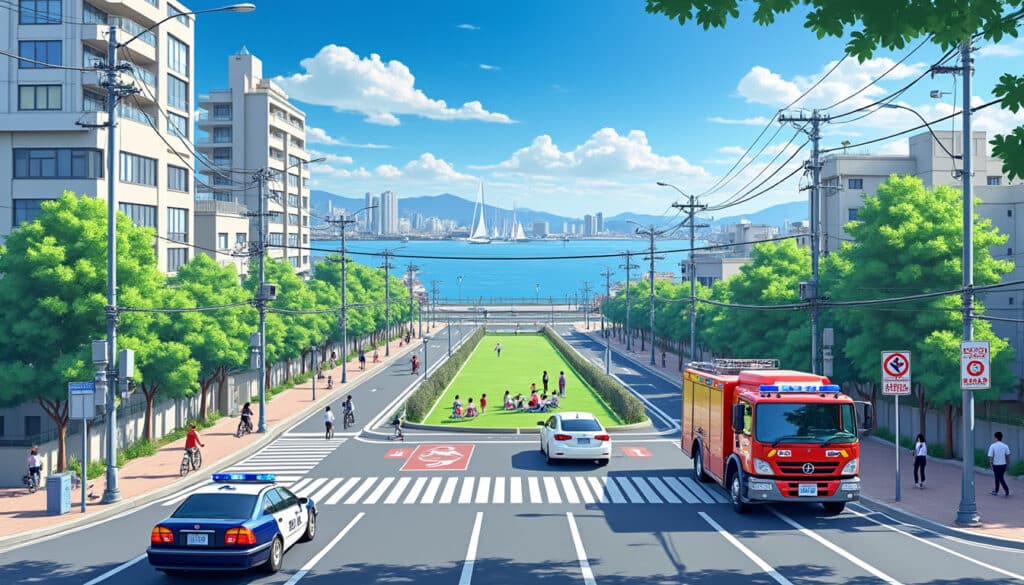
Chiba, nestled adjacent to Tokyo, is a city that often charms visitors with its harmonious blend of urban livelihood and coastal tranquility. Known for its thriving local culture and nature amusements, Chiba also prides itself on being a place where…

Pickpocketing and theft in Chiba
Chiba, a vibrant and bustling area known for its rich cultural heritage and close proximity to Tokyo, is unfortunately no stranger to issues of pickpocketing and theft. Over the years, this concerning trend has seen significant variations, prompting local authorities…
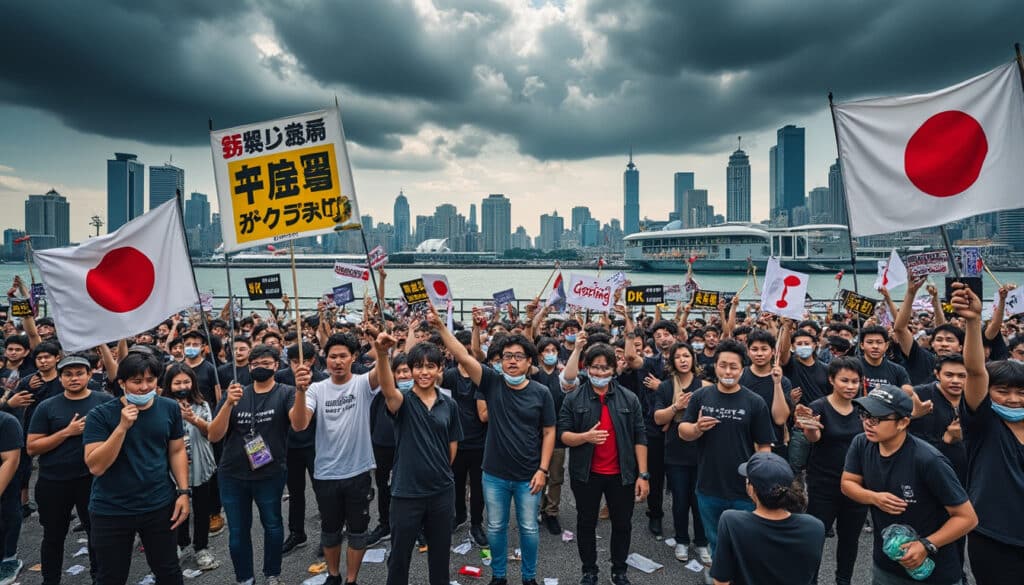
Protests and social unrest in Chiba
The city of Chiba, known for its vibrant cultural landscape and close proximity to Tokyo, has recently found itself in the spotlight for less celebratory reasons. As the year 2025 unfolds, a series of social tensions and protests have erupted,…
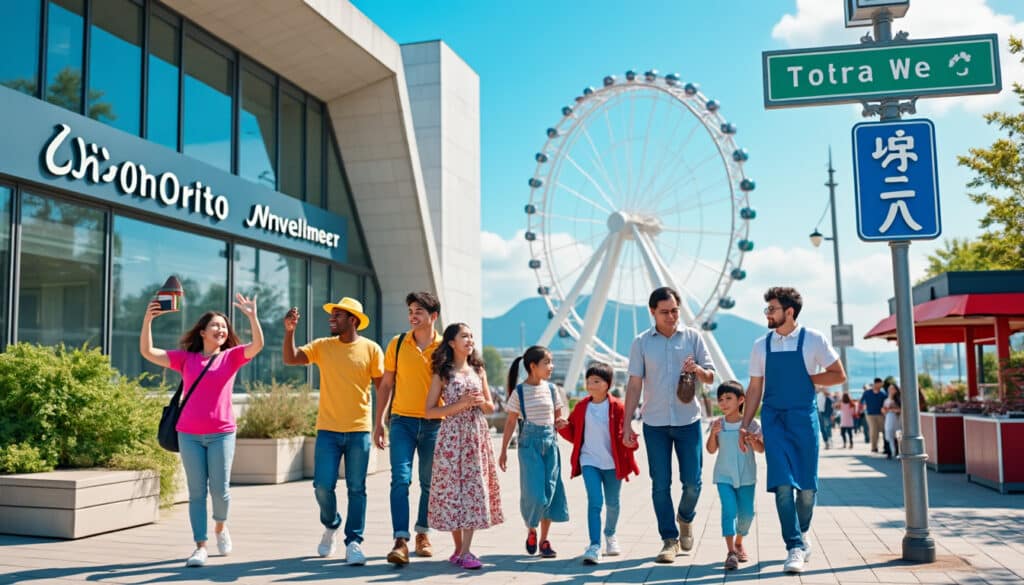
Safety in Chiba for travelers from different countries
🌏 Chiba, a neighboring prefecture to Tokyo, is a vivid blend of modern attractions and natural beauty that continues to interest travelers from all corners of the globe. But as with any travel destination, understanding local safety nuances is crucial…

